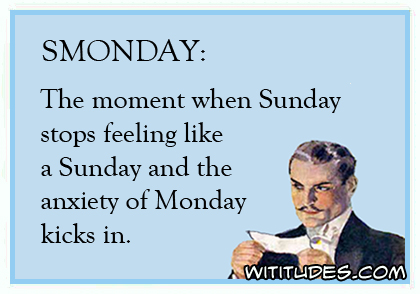Technology can have a negative impact on the relationship by being a big distraction for either party. Instead of having important conversations, one or both partners are more focused on their phones and checking social media. Lastly, heavy use of technology can actually lead to negative mental health.
It’s easy to become distracted by text messages and social media updates. When conversations between family members are constantly interrupted by technology, it may become difficult to “be in the moment.” This may cause children to share less information with parents as well. Feeling unimportant.
Technology has been increasing at a fast pace since the late 1990’s and 2000’s, making it difficult for parents (and adults in general) to handle the challenges of changing technology in their workplaces and homes.
This increase in technology adds a new dynamic to parenting: challenging meaningful communication and strong relationships with our children. It can challenge our adult and family relationships as well.
Why does a family divide happen?
Family divides can happen when there is a breakdown in communication and connection among parents and children, or between adults. A breakdown in communication might involve dishonest, disrespectful, and distant (not being present) conversations, or simply having no conversation at all.
It can create innocent misunderstandings, distrust, and a feeling of distance between family members. When a breakdown in communication continues, the problem can snowball, furthering the distance between family members.
The difficulties in communication between working parents and their children
Working parents often have an obligation to work long hours away from home, resulting in “latchkey kids” that come home each day and spend time without parents present. During that time, it’s easy for children to spend their time playing video games, visiting social media sites, and checking in with their cell phones to connect with friends.
Technology such as cell phones and online gaming allows for children to be constantly connected to friends, making peers one of their largest influencers. In these cases, some children turn to friends for advice instead of their parents.
The difficulties for parents in mastering technology
Technology is changing at a rapid pace and in order to master the latest technology, parents must continuously spend time learning new devices, apps, social media sites. For some parents, this becomes a real challenge. It can be difficult to balance family, work, household activities, and social calendars, let alone learning the latest technology. Therefore, mastering technology often falls by the wayside.
In addition, many parents (and adults in general) today were raised in a culture where technology was not as large a part of everyday life as it is today. There were no Smart Boards in classrooms, cell phones were novelties, and online gaming had not yet been invented. Some homes didn’t even have a computer.
The learning curve for parents and adults to learn and master technology has been steeper than it has been for children that grew up with computers, tablets, smart TVs, and cell phones at their fingertips.
Now parents can’t monitor their children’s communication
In the beginning, social media sites could easily be monitored by parents. It was common for parents to “friend” their children and monitor their online communication. Today, children are using social media platforms such as Snap Chat where messages disappear within seconds so that parents can’t see the messages stored on their child’s phone.
Some children create separate profiles that their parents aren’t aware of: one where they connect to family and friends, and one where they only connect with friends. Other common methods children use to avoid parent monitoring are deleting text messages or apps from their phones daily.
How to Reduce Technology
Block Out Tech-Free Time Together
Make it a rule that devices are not allowed at the table during meals. Go for a walk and leave your devices behind. Plan a date night and leave your devices at home or in the car. Designate a time of day or day of the week to be tech-free.
Example from my family, during fall, spring, and summer season we tend to create activity for my family members to engage and spend time together. Due to time, jobs, and many conflict, but we choose to go for a walk around the neighbors or to the park to have a picnic. The kids really enjoy it and we they them every evening to distract them from using technology. We spend time about 3 hours a day and by the time they get home, we ate dinner, clean up our selves, doing homework, and by that time it already time for bed.
These two link provide pro and cons of using technology and how it affect our relationship toward one another. Meanwhile it also gives information of how people should educe the use of technology and set-up rules in their house.



